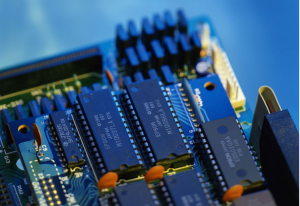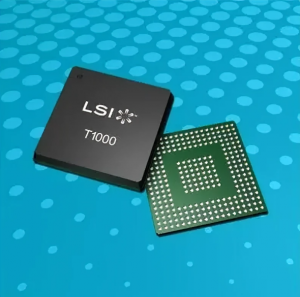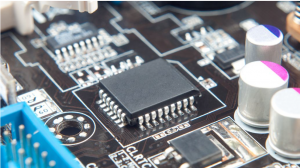Dell server revenue performed well, but executives are down on the 2023 boom
On March 2, 2023, Dell (Dell) announced its financial results for the fourth quarter and full year of fiscal year 2023, with fourth quarter revenue down 11 percent to $25 billion. For the full year, revenue was $102.3 billion, up 1 percent year-over-year. In terms of full-year growth, Dell grew 12 percent in the first half of the year and revenue declined 9 percent in the second half as the demand environment weakened from the second half.
Although in terms of business growth, in addition to the personal computer market, Dell servers, networking equipment, storage business revenue has met expectations. But the company’s executives still believe that the early part of 2023 will remain challenging, especially as potential demand for PCs and servers remains weak.
Japanese automaker suspends production due to parts shortage
Feb. 28, 2023 – Honda said it expects production at its Yorii plant in Saitama Prefecture to be 10 percent lower than planned in March due to a shortage of automotive semiconductors, the impact of an epidemic and logistics delays, Nikkei reported.
Reports indicate that the above-mentioned plants have been reduced by 10% in February. In addition, Honda Suzuka plant also reduced production by 10% in February, and will resume production capacity in early March.
In addition to Honda, Toyota also plans to suspend some production lines at its Honmachi plant in March. In addition, Suzuki Motor Corporation has said that it will suspend operations at its Kosai and Sagara plants in Shizuoka Prefecture, Japan, due to supply problems, including semiconductors.
Nikkei points out that as automakers expand production, the number of semiconductors required per vehicle is increasing, which boosts the demand for chips in the automotive industry. The supply of power semiconductors for current control and analog semiconductors for power management will remain tight through 2023.
Qualcomm is making rapid progress in automotive chip solutions
Qualcomm is making rapid progress in automotive chip solutions, and its main competitor MediaTek is finding it increasingly difficult to catch up. The US chipmaker unveiled its latest automotive 5G modem and RF platform at the recently concluded MWC2023. It is expected to be commercially available later in 2023.
It is reported that the second generation of Snapdragon automotive 5G modem and RF platform has more than 50% more processing power, 40% more energy efficiency and more than twice the maximum throughput compared to its predecessor. There is high-performance processing power and up to 200MHz network capacity, equipped with the latest 5G technology enhancements, support for satellite communications, and more.
The latest generation Snapdragon Automotive 5G modem and RF platform features a multi-core CPU with an integrated quad-core CPU and up to 200MHz of aggregated network bandwidth, supporting applications running directly on the modem with a hypervisor to support isolated workloads for seamless connectivity and energy-efficient performance. Integrated Cellular Vehicular Networking (C-V2X) technology supports direct connection communication for enhanced short-range safety and travel services.
Toshiba expects to expand automotive power supply chip production capacity
Toshiba Electronics Components and Storage Devices Corporation recently revealed plans to establish a new automotive power semiconductor production line at its existing Himeji semiconductor manufacturing facility in Hyogo Prefecture, western Japan. Construction of the new plant will begin in June 2024, with production scheduled for spring 2025. The project will more than double the in-vehicle power semiconductor capacity of Toshiba’s Himeji plant compared to fiscal year 2022.
Power devices are important components used in various electronic devices to manage and reduce power consumption and save energy. Most importantly, market demand for Toshiba’s key technology, low-voltage MOSFETs (metal oxide semiconductor field effect transistors), is expected to continue to grow compared to all other products as automotive electrification and industrial equipment automation evolve. Toshiba has decided to meet this growth by building new back-end production facilities.
NXP increases production of S32R41 high-performance radar processor
On February 28, 2023, NXP Semiconductors officially announced the release of the newest member of the scalable S32R radar processor family into production. Tailored to meet more demanding processing requirements to support L2+ autonomous driving and advanced driver assistance system (ADAS) solutions, the high-performance S32R41 is central to the creation of high-resolution corner and frontal remote radars.
The S32R41 radar processor (MPU) meets the needs of advanced 77 GHz radar applications. The architecture uses Arm® Cortex®-A53 and Cortex-M7 cores combined with a dedicated radar processing gas pedal to create an awesome radar processing chain. It is designed for automotive, industrial and consumer radar applications.
Post time: Mar-07-2023








